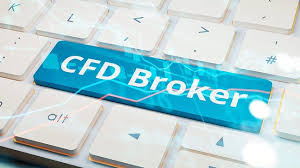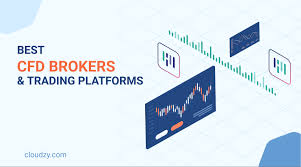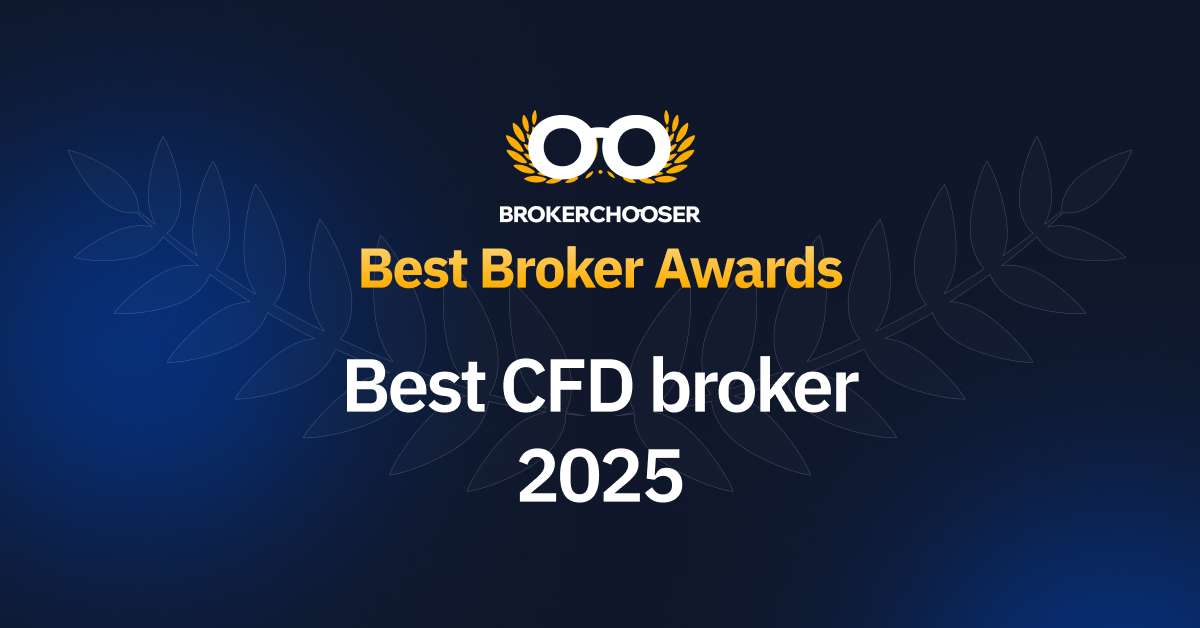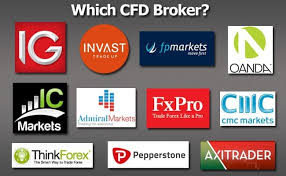
Finding the best cfd brokers in the world best CFD brokers can significantly impact your trading success. Whether you’re a seasoned trader or just beginning your journey in the world of CFDs (Contracts for Difference), choosing the right broker is crucial for achieving your financial goals. In this article, we will delve into the essentials of CFD trading, the advantages of using CFDs, and provide a comprehensive overview of some of the top brokers in the industry. Let’s start with understanding what CFD trading actually involves.
What Are CFDs?
Contract for Difference, or CFD, is a financial derivative that allows traders to speculate on the price movement of various financial instruments without actually owning the underlying asset. This means you can trade on a wide range of assets, including stocks, forex, commodities, and indices. CFDs have gained immense popularity due to their flexibility and the leverage they provide, allowing traders to take larger positions with a relatively small amount of capital.
Advantages of Trading CFDs
There are several reasons why traders are increasingly opting for CFD trading:
- Leverage: CFD trading allows you to use leverage, meaning you can control a larger position with a smaller amount of capital. While this can amplify your profits, it’s important to remember that it can also increase your losses.
- Variety of Assets: CFDs can be traded on a wide range of assets, providing traders with more opportunities to diversify their portfolios.
- Access to Global Markets: With CFD brokers, traders can access international markets from the comfort of their home, enabling them to trade assets that may not be available through traditional means.
- Short Selling: CFDs allow traders to profit from falling prices as easily as from rising ones, which provides greater flexibility in trading strategies.
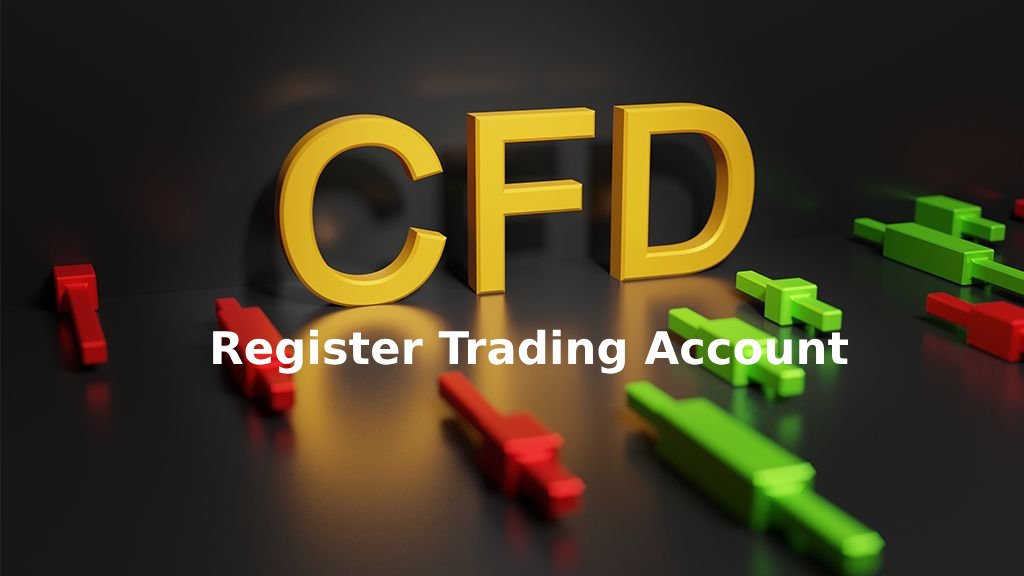
Choosing the Right CFD Broker
Selecting a CFD broker involves evaluating several factors, including:
- Regulation: Ensure that the broker is regulated by a reputable authority. This provides an added layer of security for your funds.
- Trading Platform: The trading platform should be user-friendly, stable, and equipped with the necessary tools for technical analysis.
- Spreads and Commissions: Look for transparent fee structures. The best brokers offer competitive spreads and low commission rates, ensuring your costs are minimized.
- Customer Support: Responsive customer service is crucial. Check for support options including live chat, email, and phone support.
- Educational Resources: Many top brokers provide educational materials, webinars, and demo accounts to help traders develop their skills.

Top CFD Brokers in the Industry
Now that we understand what to look for in a broker, let’s highlight some of the best CFD brokers available to traders:
1. IG Group
IG is one of the largest and most reputable CFD brokers in the world. They offer a wide range of markets, competitive spreads, and an excellent trading platform. IG is regulated by multiple authorities, ensuring a safe environment for traders.
2. CMC Markets
CMC Markets is known for its advanced trading technology and comprehensive charting tools. They offer a vast array of instruments and have a transparent fee structure, making it a great choice for both beginners and experienced traders.
3. Plus500
Plus500 is highly user-friendly and offers an impressive range of CFDs. With no commissions on trades and a straightforward trading platform, it’s an appealing option for new traders. Plus500 is also regulated, providing peace of mind.
4. eToro
eToro stands out for its social trading features, allowing traders to copy the trades of successful investors. eToro offers a diverse range of assets and is regulated in several jurisdictions, making it a reliable choice.
5. Saxo Markets
Saxo Markets is a premium broker that provides access to a vast range of assets and advanced trading tools. They offer a rich educational section for traders who wish to improve their skills, making it suitable for serious traders.
Conclusion
Choosing the best CFD broker is a critical step for any trader aiming for success in the world of finance. By considering essential factors such as regulation, trading platforms, spreads, and customer support, you can find a broker that meets your needs. Always remember to conduct thorough research before making a decision, and practice trading with a demo account to build your confidence. The right broker will not only enhance your trading experience but also help you achieve your financial objectives efficiently. Whether it’s IG, CMC Markets, Plus500, eToro, or Saxo Markets, each broker offers unique advantages, so take your time to determine which one aligns with your trading goals.

